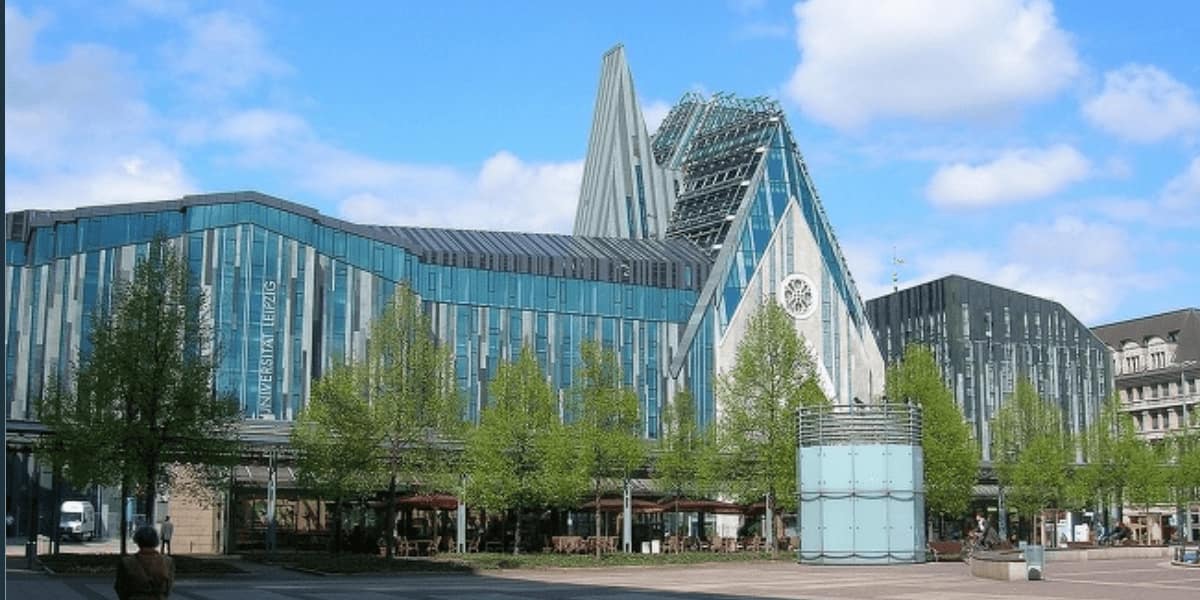The Arctic is warming two to three times faster than the rest of the world. This phenomenon is known as Arctic amplification.
To understand this warming, the DFG-funded Transregional Collaborative Research Centre (AC)³ was established in 2016. It includes modelling and data analysis efforts as well as observational elements. A publication on early results from the Collaborative Research Centre (CRC) on climate change in the Arctic, led by the meteorologist Professor Manfred Wendisch from Leipzig University, is currently in its second funding period with the German Research Foundation (DFG).
Other participants in the CRC Transregio are the Universities of Bremen and Cologne as well as the Alfred Wegener Institute, Helmholtz Centre for Polar and Marine Research (AWI) and the Leibniz Institute for Tropospheric Research (TROPOS) in Leipzig.
Key Climate Data
The Collaborative Research Centre’s project has amassed an extensive collection of data concerning the Arctic atmosphere, cryosphere, and upper ocean. This valuable information, gathered from ground-based, air-based, ship-based, and satellite-based sources, encompasses various physical, chemical, and meteorological properties.
Moreover, the project’s efforts include the continuous advancement of global coupled atmosphere-ocean models. These models serve as essential tools for understanding the complex interactions and dynamics of the Arctic climate system.
Through ongoing development and improvements, the Collaborative Research Centre contributes to enhancing our comprehension of the Arctic’s climate and its implications on a global scale. By combining existing datasets with newly collected information, the scientists successfully identified both short-term fluctuations and potential long-term patterns in various Arctic climate parameters.
Notably, they observed a significant increase in moisture levels within the Arctic atmosphere, accompanied by heightened regional storm activity. Additionally, winter warming in regions surrounding Svalbard and the North Pole has intensified, leading to reduced sea ice thickness in the Fram Strait and decreased snow depth on the ice.
To enhance future research coherence, the researchers are actively working on developing cross-cutting themes that address crucial inquiries in four primary focus areas. These focus areas include lapse rate feedback, surface processes, Arctic mixed-phase clouds, and airmass transport and transformation.
By exploring these key topics, the scientific community aims to establish stronger connections between their findings, enabling a more comprehensive understanding of the complex dynamics and impacts of Arctic climate change. Researchers in the Arctic climate community can freely access this through the research data server, www.pangaea.de, managed jointly by the University of Bremen and the Alfred Wegener Institute.
With over 1700 datasets available on the server, scientists can leverage this valuable resource for their studies.

